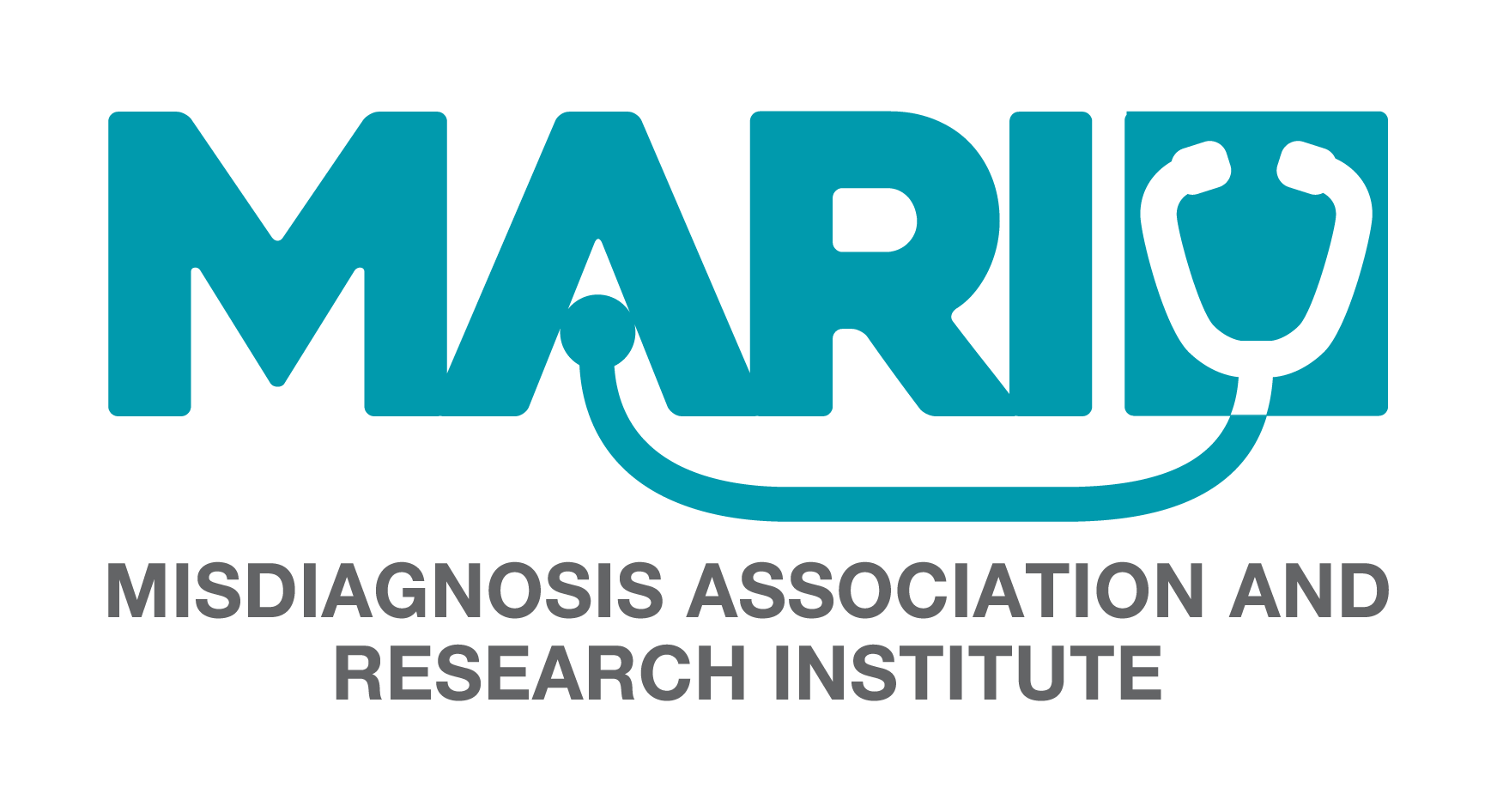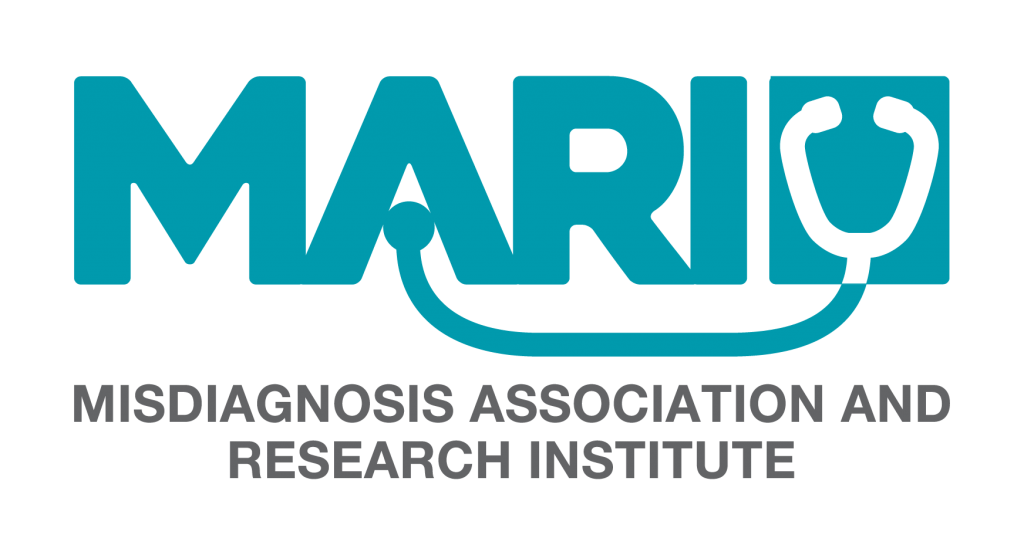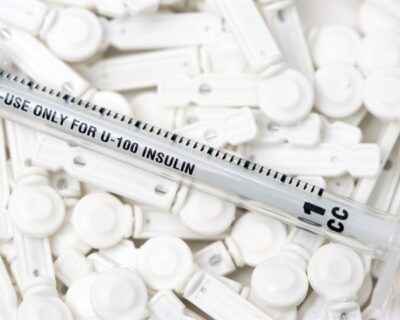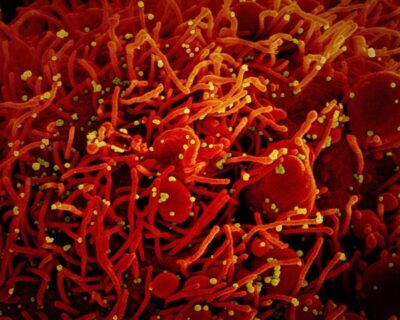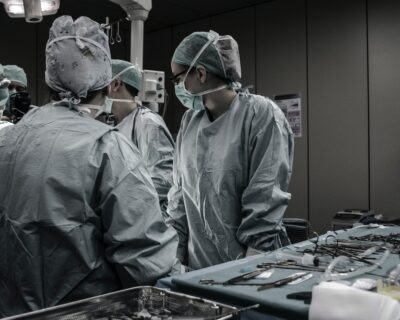
Colorectal Cancer Risk May Be Reduced by Vitamin D
- According to the National Cancer Institute (NCI), the rate of colon cancer among
- adults under the age of 50 has nearly doubled since the 1990s.
- According to new research, vitamin D may be an inexpensive and simple
- strategy to help prevent colorectal cancer in young people.
- Notably, the findings revealed no link between total vitamin D intake
- and the risk of colorectal cancer diagnosed after the age of 50.
- According to experts, getting enough vitamin D from food alone is challenging, and most individuals receive too little.
Colorectal cancer is the third most frequent disease in men and women, and
the third greatest cause of cancer-related deaths in the United States, according to
the Centers for Disease Control and Prevention (CDC).
According to the National Cancer Institute (NCI), the rate of colon cancer
among adults under the age of 50 has nearly doubled since the 1990s.
However, new research published in the journal Gastroenterology
reveals persuasive evidence that vitamin D supplementation to screening tests
could be a cost-effective and easily accessible colorectal cancer prevention strategy for young-onset colorectal cancer.
Kimmie Ng, MD, co-senior author of the study and director of the Dana-Farber Cancer
Institute’s Young-Onset Colorectal Cancer Center in Boston, told Healthline,
“There is abundant laboratory data showing vitamin D may contain anti-cancer activity.”
She went on to say that increased vitamin D levels are linked to a
lower risk of colorectal cancer in various epidemiologic studies.
The Nurse’s Health Study II included the participants.
The total vitamin D consumption from dietary sources and supplements was
determined for 94,205 women who took part in the Nurses’ Health Study II (NHS II).
Questionnaires on demographics, nutrition and lifestyle factors, medical,
and other health-related information are sent to NHS II participants every two years.
Young-onset colorectal cancer diagnosed before the age of 50 was the primary goal for Ng and her team.
They also used follow-up questionnaires to see if subjects underwent a colonoscopy or sigmoidoscopy,
both of which revealed colorectal polyps.
The greatest way to get vitamin D is through our food.
Researchers found 111 incidences of young-onset colorectal cancer and 3,317
colorectal polyps between 1991 and 2015. A higher overall vitamin D intake was
linked to a lower risk of colorectal cancer in the early stages, according to the findings.
In a 2021 article released by the Dana-Farber Cancer Institute, Ng stated,
“We observed that total vitamin D intake of 300 IU per day or greater – roughly equivalent to three 8 oz.
glasses of milk – was related with an approximately 50% decreased risk of developing young-onset colorectal cancer.”
In addition, higher vitamin D intake was linked to a lower incidence of colon polyps diagnosed before the age of 50.
Researchers also discovered that dietary vitamin D, particularly from dairy products,
had a stronger link than vitamin D supplementation. This could be due to chance or unknown variables,
according to the study’s authors.
Notably, the findings revealed no link between total vitamin D intake and the
incidence of colorectal cancer detected after 50 years of age.
“Despite the enormous number of people who took part in our study, we only
had a few cases of young-onset colorectal cancer
,” Ng explained. “As a result, our findings should be replicated in bigger groups.”
“Further research in other population segments are needed,” she said, referring
to the study population of female nurses, the majority of whom are white.
It can be difficult to get enough vitamin D through food.
It’s difficult to receive enough vitamin D from natural dietary sources alone, according to Elena A.
Ivanina, DO, director of Neurogastroenterology and Motility at Lenox Hill Hospital in New York.
She pointed out that the average dietary consumption of vitamin
D for males is 204 international units (IU) and 168 IU for women,
which is well below the recommended daily requirement. Vitamin D intake should be 400 IU for children under the age of one year,
600 IU for persons between the ages of one and seventy, and 800 IU for those beyond seventy.
She suggested talking to your doctor about the possibility of vitamin D insufficiency,
testing your levels, and thinking about taking a supplement.
“This is especially important in breastfed newborns, elderly adults, persons with limited sun exposure,
dark-skinned people, people with disorders that impair fat absorption, and people who are obese or have had gastric bypass surgery,” Ivanina suggested.
Screening and prevention are critical.
Over 75% of colorectal cancers occur in people who have no known risk factors, according to Ivanina.
She went on to say, “Which is why screening and prevention are so important.
” “Those with close relatives who have colorectal cancer or hereditary cancer syndromes,
as well as those with a personal history of polyps or inflammatory bowel illness, are at the highest risk.”
Diet is always crucial, according to Theodore Strange, MD, interim chair of Medicine at Staten Island University Hospital.
He went on to say that while there is a lot of evidence that a
high-fat diet increases the risk of colon cancer, it is one area where you can make adjustments –
while hereditary risk factors necessitate other proactive actions.
He explained, “There are hereditary predispositions to colon cancer.”
“So there are folks who have polyps in their system or who may have colitis.
Colitis, particularly ulcerative colitis, can put you at risk for colon cancer. Frequent screenings of those individuals would be critical.”
Not all polyps are dangerous
There are three types of polyps, according to Strange. Which ones are possibly hazardous can be determined by a physician.
“One form is the hyperplastic polyp, which is caused by the suction of the device going in and isn’t dangerous. Then there’s a villous adenoma, which is concerning, and then there’s a tubulovillous adenoma, which is something in between,” Strange noted.
“Any gastroenterologist can clip it out if it’s on a stalk, almost like a mushroom,” he said, “and if the edge of the stalk is devoid of cancer, it’s relatively OK.”
Strange advised, however, that if the polyp is flat and “sticking to the colon wall where you can’t lift it,” it’s more worrying since it suggests it can penetrate the colon’s layers.
The bottom line
According to research, a higher dietary vitamin D intake is linked to a lower risk of young-onset colorectal cancer, which starts before the age of 50.
Most individuals get too little vitamin D, according to experts, and getting adequate vitamin D through diet alone is challenging. They urge that consumers discuss their vitamin D levels with their doctor and consider taking a supplement.
Routine screening and eating a healthy diet are also vital preventive strategies, according to experts, particularly for persons with a family history of the disease and other risk factors.
Source:https://www.healthline.com/health-news/vitamin-d-may-decrease-risk-of-colorectal-cancer
